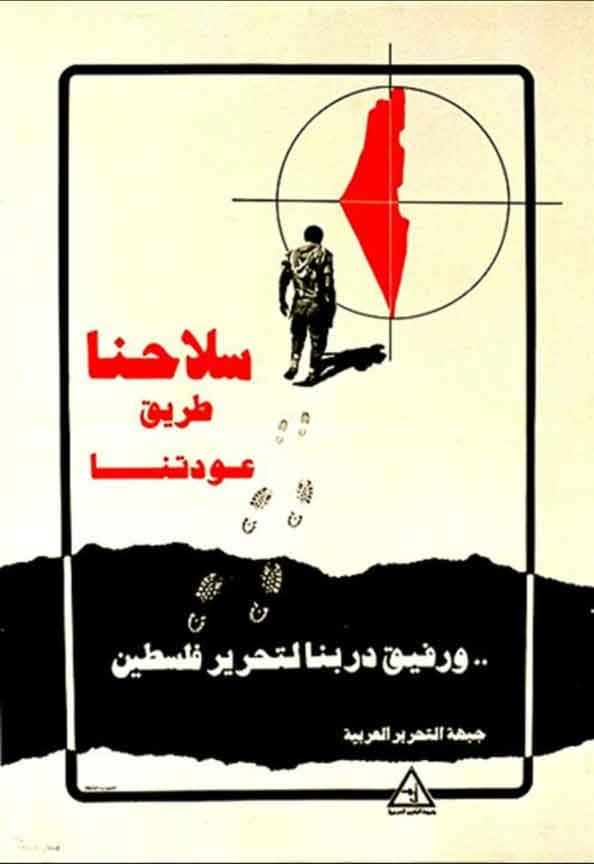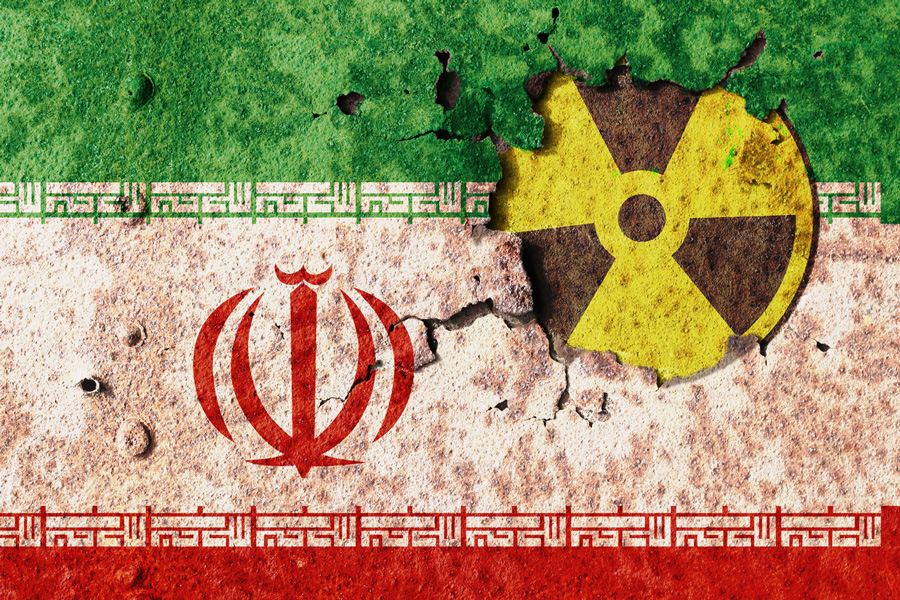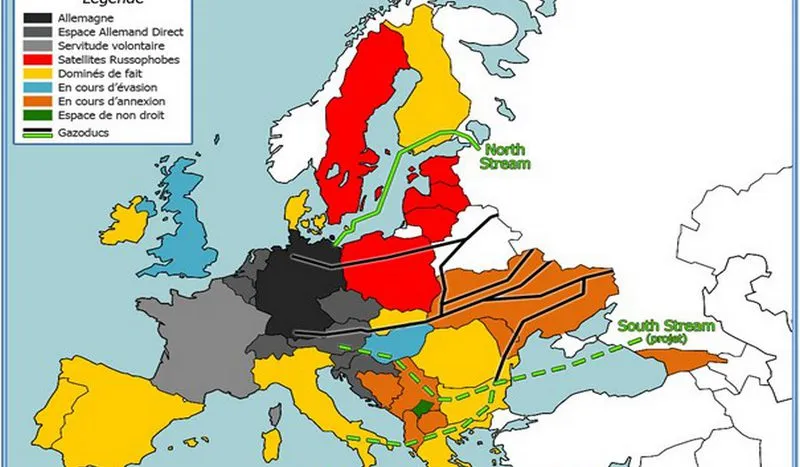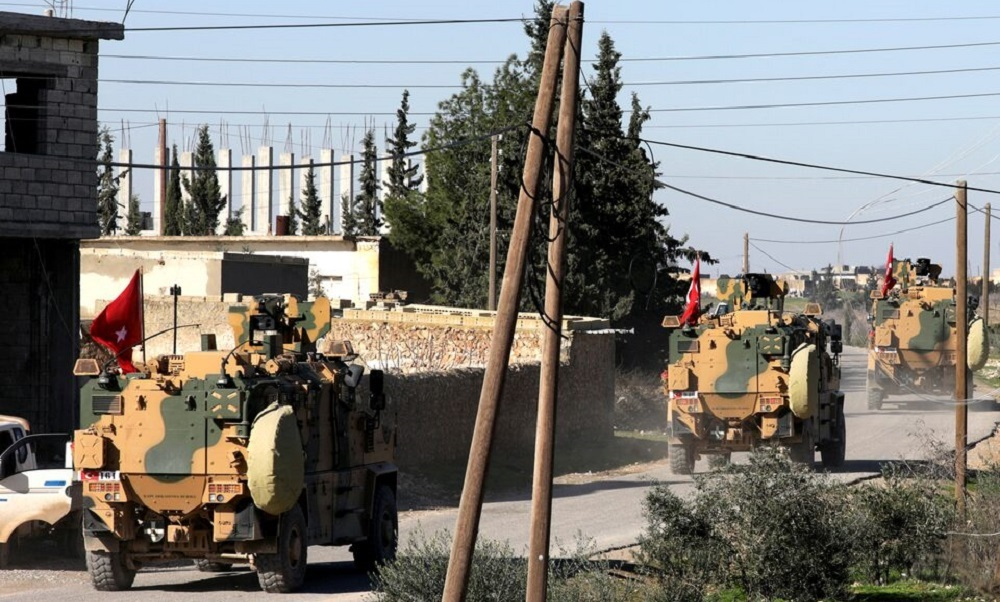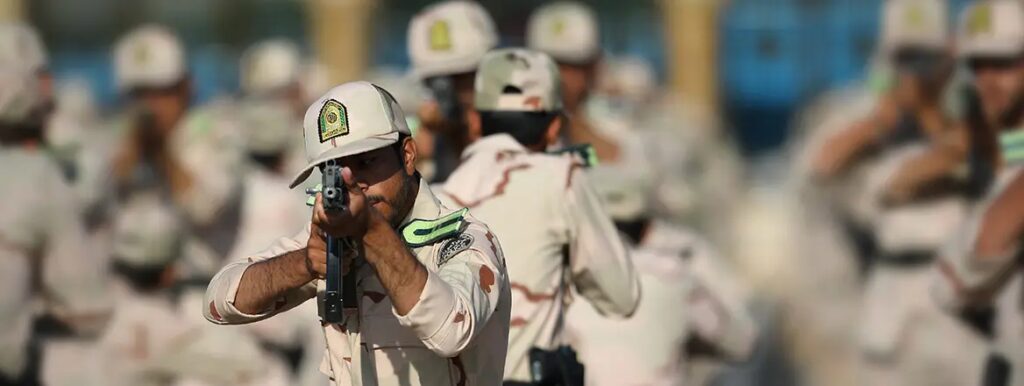Les enseignements de Clausewitz et les antagonismes historiques contemporains
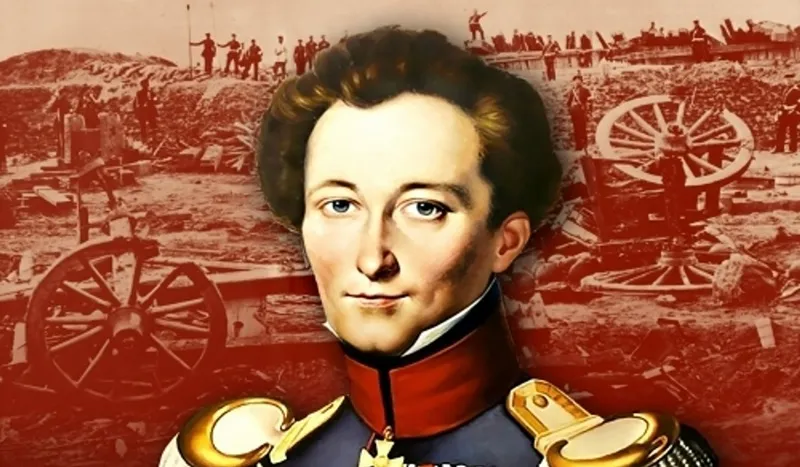
Paix dictée ou paix négociée en Ukraine ?
Le 28 avril dernier Jens Stoltenberg, secrétaire général de l’OTAN en visite à Kiev, a rassuré formellement Volodymyr Zelensky que la guerre contre la Russie pouvait être encore gagnée par l’Ukraine et il a réaffirmé : «La Russie doit bien le comprendre. Elle ne pourra pas gagner. Elle ne pourra pas nous avoir à l’usure !»


